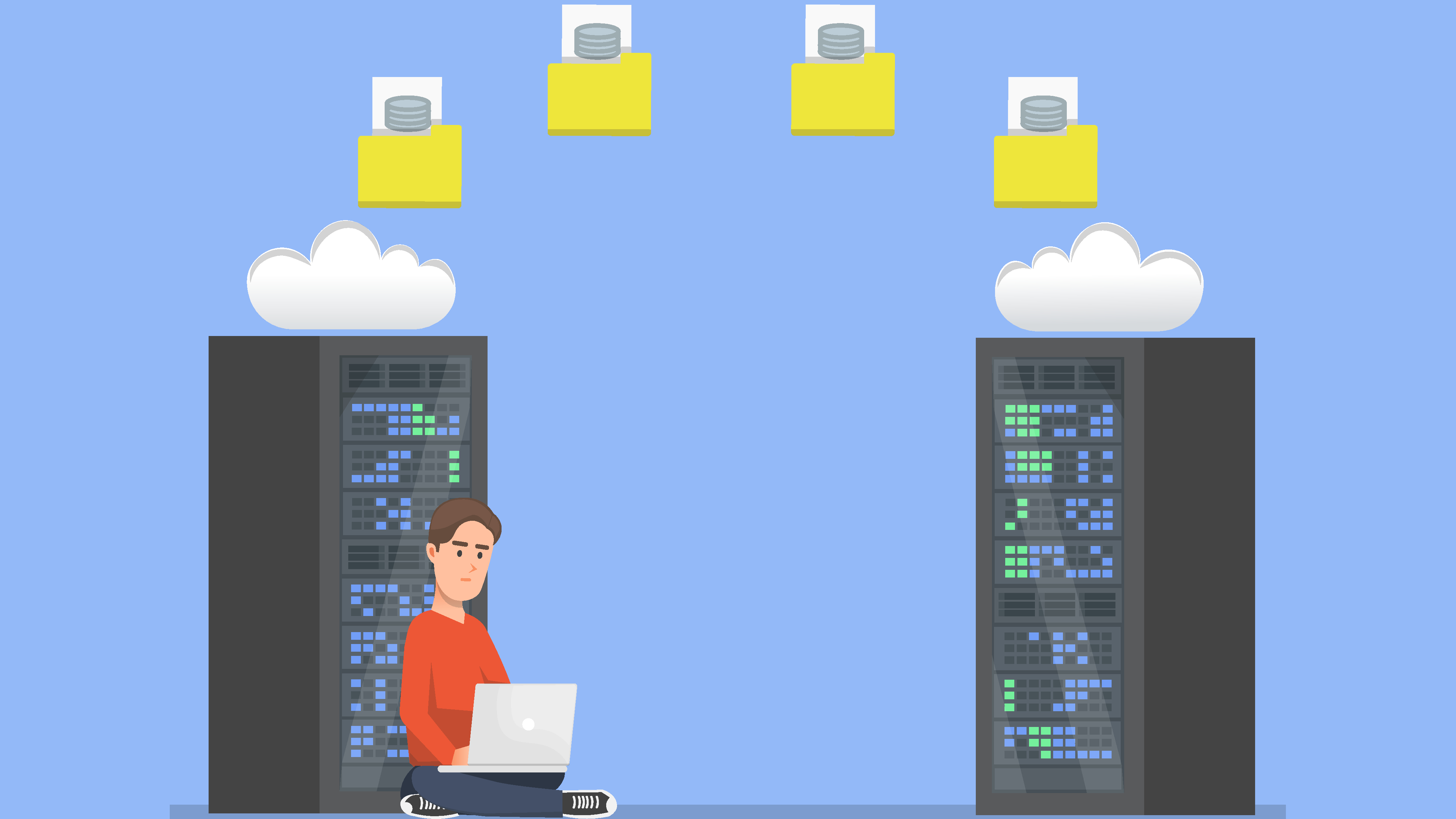5 things to consider when migrating to a new web hosting service
Simple guide on switching your web hosting provider

Migrating your website can turn into a tiresome, time-consuming experience in no time, even if you up your game with a new, magnificent web hosting provider. If you don’t think things through and take proper steps to protect your content, you might end up losing some critical data and even compromise your cybersecurity.
If it spells hassle, why shouldn’t you save yourself the trouble and stay where you are? Well, there are tons of right reasons why you’ll want to move on. For instance, if your site is suffering disastrous amounts of downtime - go and don’t look back. Do the same if your site is crippled by poor performance - something like slow loading time.
Also, you should consider moving if your current provider can supply your site with the resources it needs to grow and prosper. And if the security of your site has been compromised or the customer support has been far away from helpful - get rid of your old host and get a new one.
Alright, how to do it? The good news is that you don’t need to be a veteran webmaster to do it - even a newbie can do it with a solid step-by-step guide.
So, here are the top five things you should keep in mind when moving to a new web hosting provider.
Reader Offer: Up to 80% off plans
Techradar praises Hostinger for its terrific value and WordPress support. Build your WordPress website or easily migrate your existing one to Hostinger - for just $2.79 per month. Start now.
Preferred partner (What does this mean?)
1. Choose a new host
Picking out the perfect web hosting provider for your site is critical as it can make or break your business in the long run. Fortunately, there is a whole variety of hosting providers, types, and overall options on the market, and each of them offers particular features, configurations, and customization choices.
Apart from choosing the host with a solid security track record, standard security-focused features (SSL certificate, DDoS protection, regular backups, and so on), and sterling reputation, you’ll want to take a look at some more specific technical stuff such as required server space, bandwidth, number of CPUs, and amount of RAM. Also, you’ll want to consider the type of solution you want to utilize (shared hosting, VPS hosting, dedicated server hosting, and such), its scalability, and customizability.
Sign up to the TechRadar Pro newsletter to get all the top news, opinion, features and guidance your business needs to succeed!
Since it doesn’t hurt to have a killer combination of affordability, reliability, and feature-richness, don’t fail to check the pricing. Plus, make sure there is a free trial or a money-back guarantee, so you can try out the solution for yourself without doing blows to your bank account.
2. Backup files
Before migrating your site to a new host, you’ll want to create a backup of everything - that is, everything you wouldn’t want to lose during the migration. To do so, you can download your data as a local copy and store it somewhere safe in your system, or upload the data to a cloud server such as Google, OneDrive, and Dropbox.
Once this is done, you can be sure all your data is safely stored if something goes wrong due to technical or human error in the middle of the migration process. Backed by a backup, your site can be restored to its former glory in no time.

3. Switch DNS to the new host
While this step isn’t a must, switching your domain name system (DNS) will make things simpler for you. Once you select a new host and pick out your plan, you’ll be presented with two choices. You can leave your domain where it is - with your old host, or you can transfer your old domain name to a new host. Also, there’s an option to register a new domain name, but there’s no reason for you to do that since you already have one.
Sometimes the host will offer to help with transferring your domain name but don’t count on that - particularly with pocket-friendly hosting packages. So, if you want to keep your domain name with your old host, you’ll have to switch domain registrars. This way, your settings will stay the same while billing and customer support are transferred.
On the other hand, if you want to take your domain to the new host, you’ll have to switch the DNS to that host - and this is a better option.
It’s also worth noting that with all the top web hosting providers, you’ll find step-by-step guides for either of these cases.
4. Verify functionality on the new host
Before ditching your old host for a new one, you’ll want to make sure everything on your site works as it should. So, once the migration of your site is complete - whether by you or someone from the host’s technical team - don’t forget to run a thorough test on it.
While the migration process might seem smooth on the surface, some minor issues might have occurred. So, it’s important to identify and fix them at once - before deleting your old hosting account, in any case.
When verifying the functionality of your site on the new host, you want to be certain that everything is working and functioning perfectly. First, check all pages from your old site to ensure it’s still accessible and directed to the same URL - you can utilize a URL checker to identify any broken links.
Also, check all other data such as images, videos, and user accounts. It’s critical to identify any possible issues and find the ideal solutions for them as soon as possible. This way you’ll avoid any impediment to the functionality of your site with its new host.
5. Cancel the old web host account
Once you’ve considered all the things above, your final step is to say goodbye to your old web hosting provider - and you’ll do that by deleting your old hosting account.
If you can confirm that your site is fully functional, it’s time to cut ties with your old host. It’s smart to do this straight away, to steer clear of any unneeded charges.
That’s it, you’ve considered all critical steps before migrating your site to a new web hosting provider.
- Check out our list of the best managed web hosting services on the market
Mirza Bahic is a freelance tech journalist and blogger from Sarajevo, Bosnia and Herzegovina. For the past four years, Mirza has been ghostwriting for a number of tech start-ups from various industries, including cloud, retail and B2B technology.
